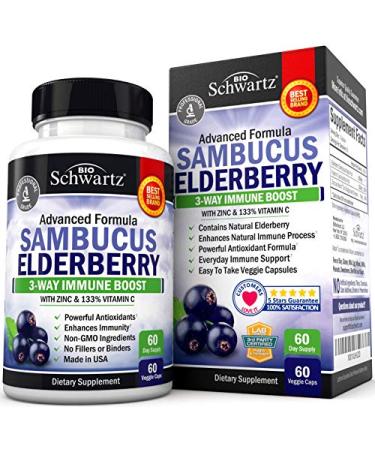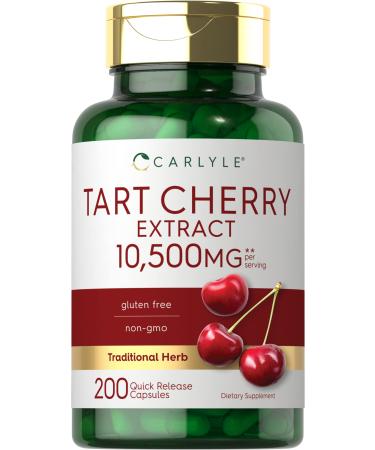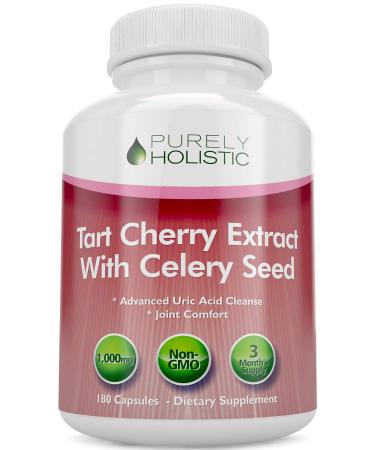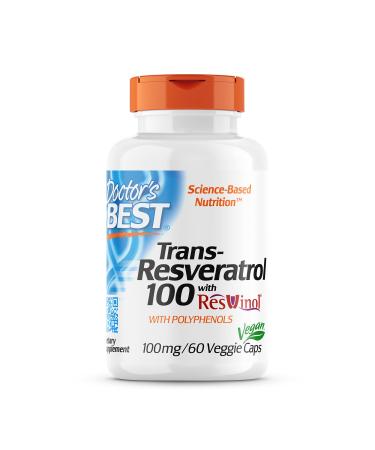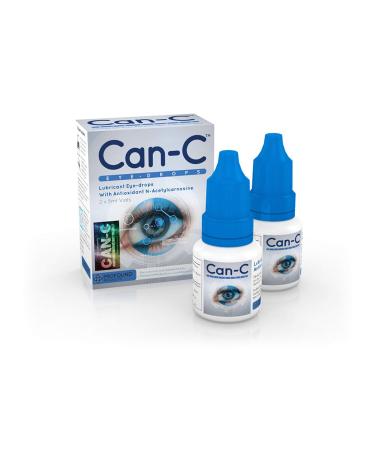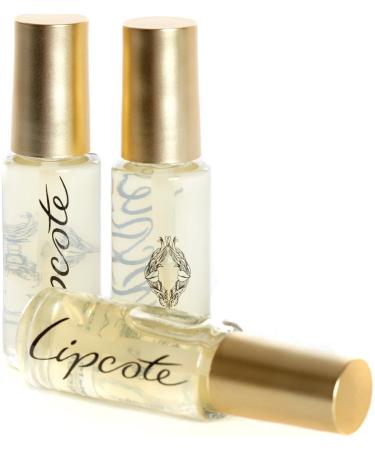Goji berry is an ancient fruit found growing in the wild in the Himalayan regions of Asia. For centuries, traditional herbalists have recognized the various health benefits of Goji berry in addition to its status as a highly nutritious food. Goji berry is a rich source of vitamin C and also contains many other health-promoting vitamins and minerals.
Goji berries have long been revered as a universal tonic for their longevity-enhancing effects. Goji berry may support the health of the eyes, the skin, and the cardiovascular system. The latest scientific research suggests that Goji berry is a potentially potent antioxidant that contains compounds with immune-enhancing properties.
Potent Antioxidant Support*
Goji berry possesses a unique combination of flavonoids, vitamins, minerals and polysaccharides that are thought to be responsible for the antioxidant and anti-aging properties attributed to Goji. Studies have been conducted which characterize some of these antioxidant nutrients and show possible beneficial effects of the berry and its extracts on various systems and organs.
In a study published in 2004, scientists undertook an experiment to assess whether Goji berries contained compounds that would be known to exert potential beneficial effects on skin complexion and anti-aging properties. After analyzing the berry, leaf and roots of the Goji plant, they found that the Goji berry contained a unique analog of vitamin C known as 2-O-(beta-D-glucopyranosyl) ascorbic acid. They determined that this
compound was unique to the berry and not found in the other parts of the plant. Furthermore, the vitamin C compound was present in levels equivalent to those found in citrus fruits such as lemons. However, the question remained as to whether this vitamin C analog erved as a precursor to vitamin C when ingested in the body. A further experiment in rats was performed to determine the intestinal absorption and tissue uptake of this vitamin C analog. The results showed that some of the compound was indeed metabolized into vitamin C in the blood, while the rest was absorbed intact. These studies suggested that the compound was easily transported from the blood into cells and tissues, where it is activated to active vitamin C. Therefore, the vitamin C from Goji berries seems to be highly absorbable and targeted for delivery to the cells that utilize it.1
Zeaxanthin is a carotenoid that is widely distributed in fruits and vegetables and, along with lutein, is present in significant amounts in the macula of the human eye. Studies suggest that the presence of zeaxanthin is highly desirable for healthy visual function. Goji berries are used in traditional Chinese herbalism to support eye health and are also known to contain a high level of zeaxanthin dipalmitate. Researchers compared the bioavailability of this naturally esterified zeaxanthin to that of an unesterified form in 12 individuals who underwent a 23-day study in which they received one form or the other, and then switched. Administration was done on day one followed by a three-week washout period. The individuals were then crossed over to get the other form on day 23 in a single administration. Analysis revealed that the esterified zeaxanthin from Goji berry caused a higher increase in plasma levels than the non-esterified form, indicating higher bioavailability.2
A second study confirmed these findings. In this study, fourteen individuals consumed 15 grams of whole Goji berries daily for 28 days. These individuals were compared to thirteen age and sex-matched controls who did not consume the berries. Fasting blood samples were taken for all individuals before and after the 28-day period. Results indicated that zeaxanthin plasma levels increased 2.5-fold in the group who consumed the berries daily, suggesting the high bioavailability of zeaxanthin from the berries.3
Goji berry was also studied on various measures of antioxidant activity. Researchers subjected three Chinese herbs, one of which was Goji berry, to various assays of reactive oxygen scavenging potential. The results indicated that all of the herbs had significant free radical scavenging properties; however, Goji berries showed the most potent scavenging effect in the assays. Goji berry was especially strong at inhibiting the formation of superoxide anion and scavenging free radicals. The researchers concluded that among these herbs, Goji could be considered the best antioxidant to promote healthy aging.4




